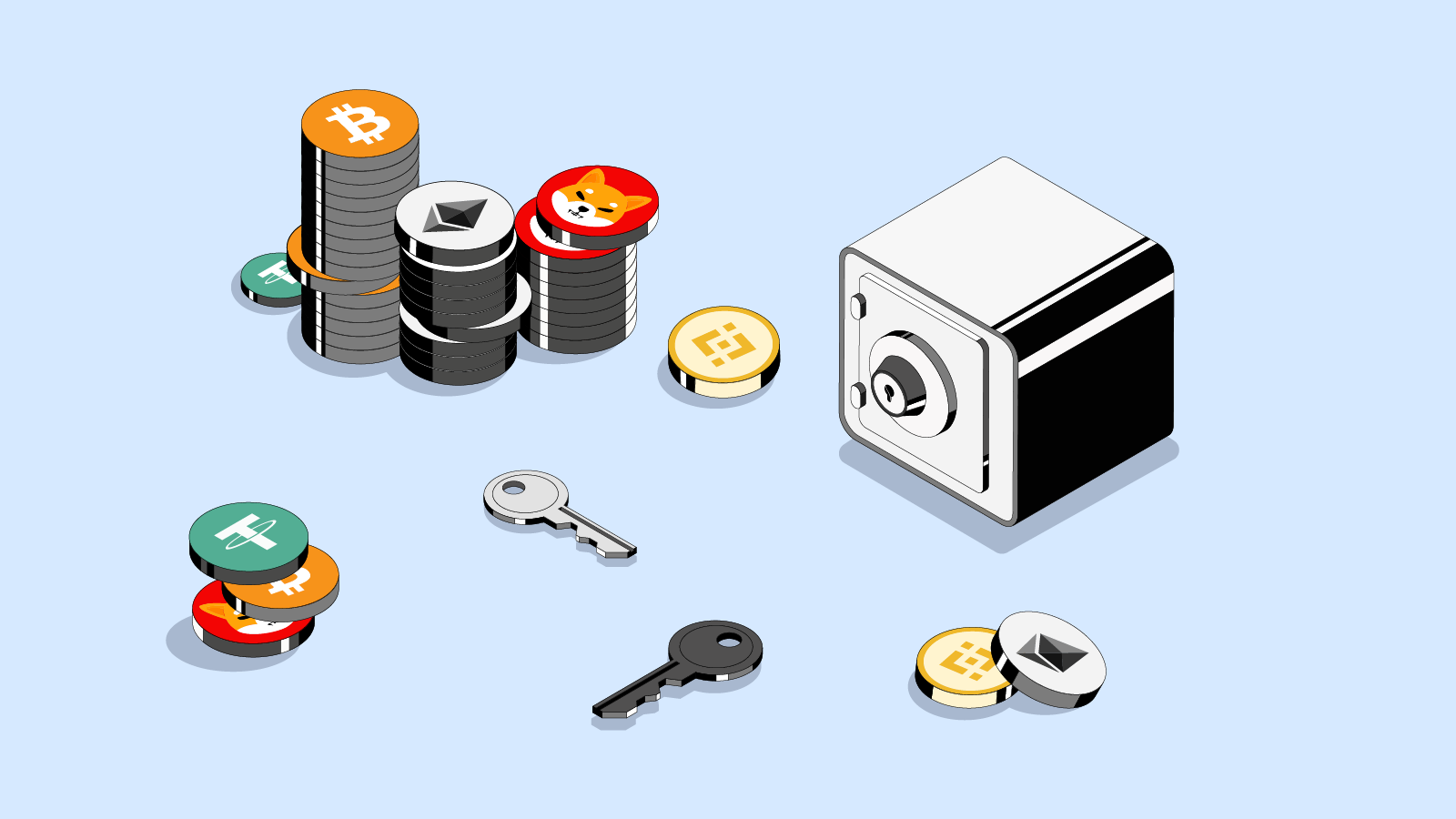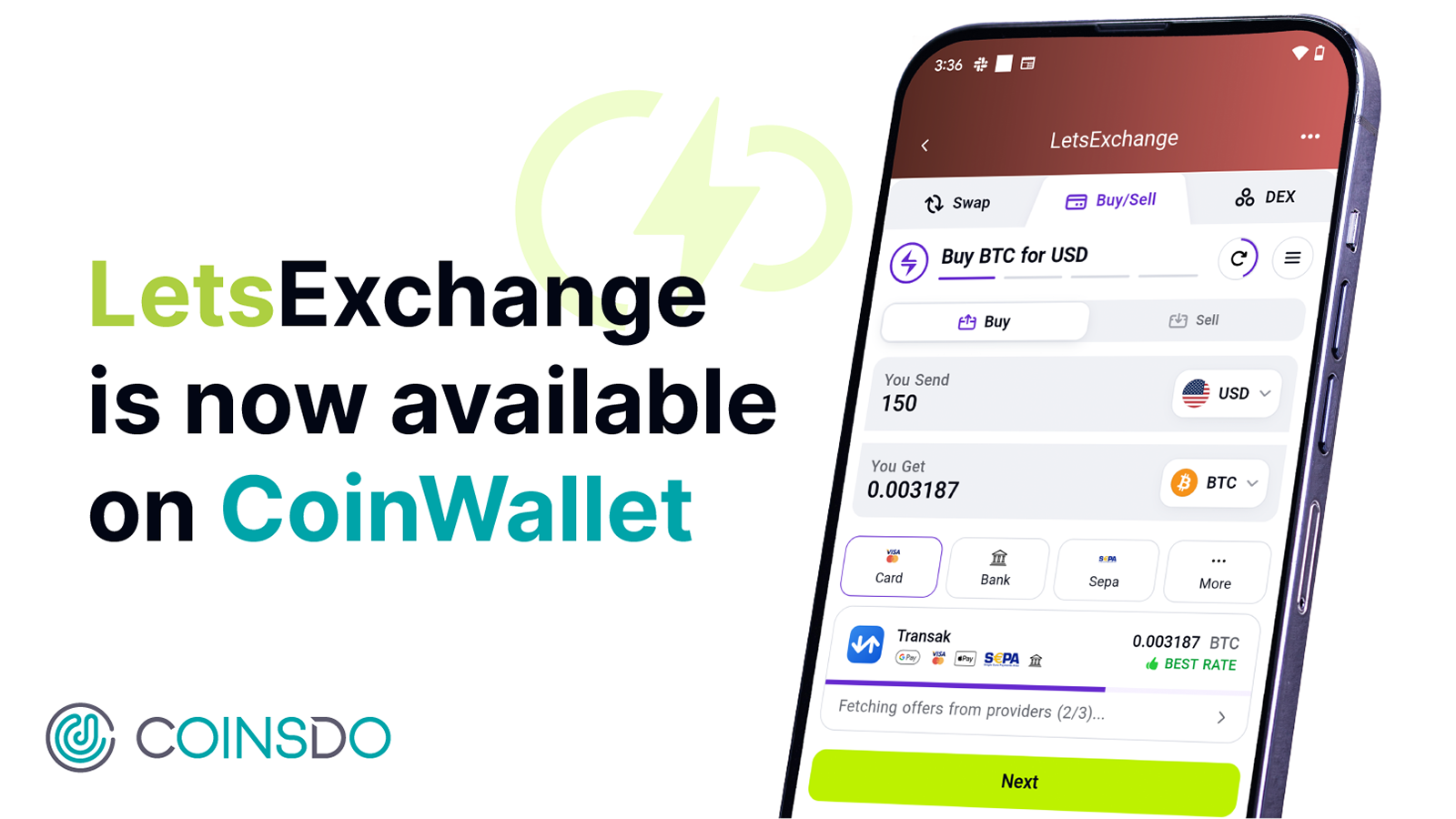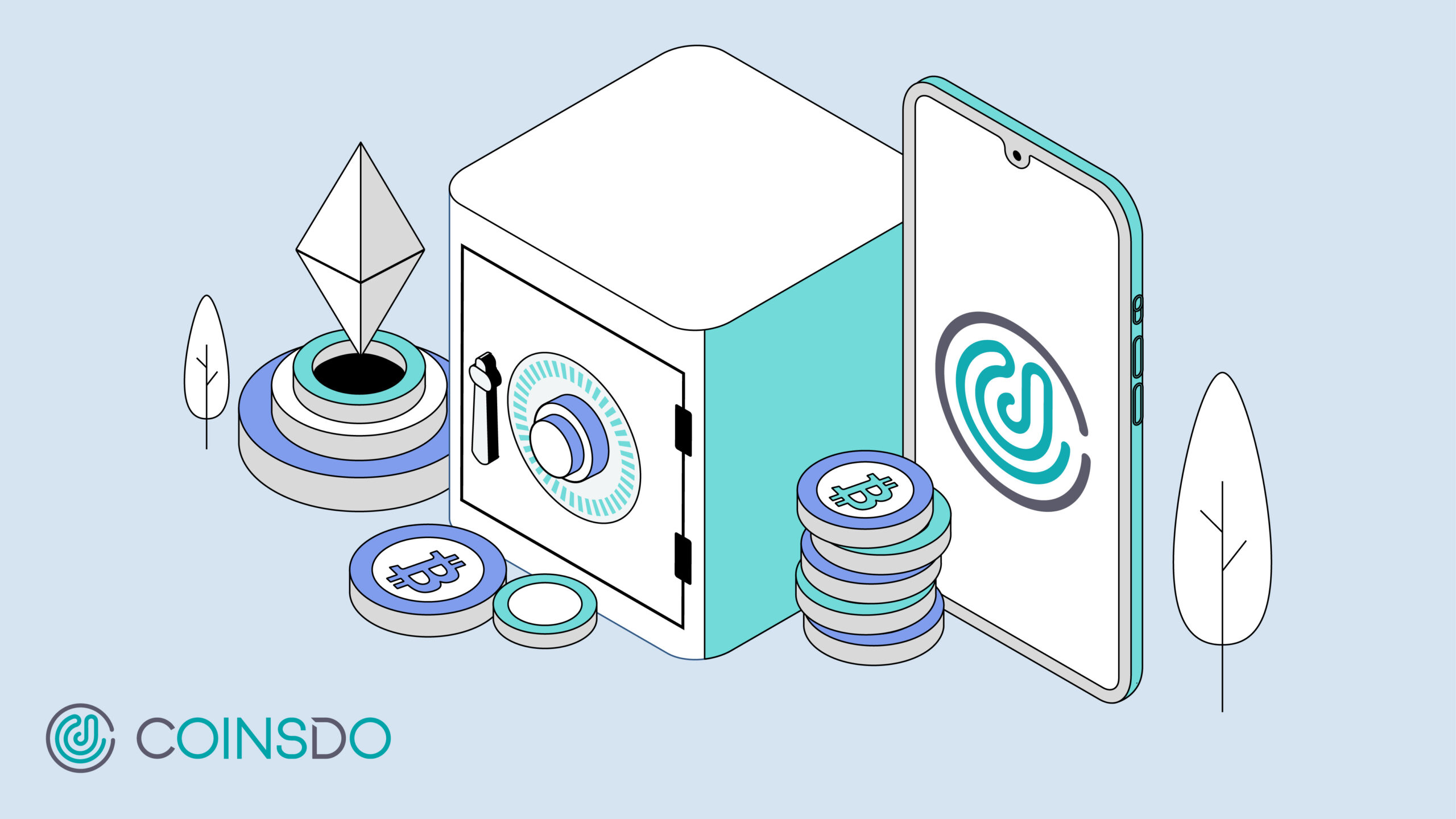When it comes to managing a cryptocurrency account, the private key is a critical element. It is a secret piece of data used to access and control the account, and it is important to keep it secure and not share it with anyone else. There are several types of private keys, each with its own unique characteristics and benefits. In this article, we will compare standard private keys, multisig private keys, and MPC private keys to help you understand the differences and make an informed decision about which type is right for you.
Standard Private Key
In the realm of cryptocurrency, the concept of a standard private key is foundational to understanding digital asset security. A standard private key is essentially the 'password' to a user's cryptocurrency wallet, serving as the core element in safeguarding access to their digital funds.
What is a Standard Private Key?
A standard private key is a long string of letters and numbers, generated cryptographically.
It is essentially a secret code that grants the owner access to their cryptocurrency holdings.
The private key is used to sign transactions, proving ownership of the digital assets.
Without the private key, access to the cryptocurrency is impossible, underscoring its importance for asset security.
Picture 1 - Standard private key
How Standard Private Keys Work
Step 1: Generation and Storage
Private keys are generated randomly when a cryptocurrency wallet is created.
They can be stored digitally (on a computer or smartphone), written down, or even memorized.
Step 2: Signing Transactions
To execute a transaction, the wallet software uses the private key to sign it digitally.
This signature is a proof of ownership and authorizes the transaction without revealing the private key itself.
Advantages
Simplicity and Control
Standard private keys are straightforward in their usage, making them accessible to most users.
They offer complete control over one's digital assets, without dependence on third-party services.
High Security
If kept secure, standard private keys are incredibly safe. The cryptographic algorithms used are robust and resistant to hacking.
Potential Vulnerabilities
Risk of Loss or Theft
If a private key is lost, access to the associated cryptocurrency is permanently lost.
In cases of digital storage, private keys are vulnerable to hacking and malware.
Human Error
The simplicity of a single key also comes with risks. Mistyping a key or failing to back it up can result in irretrievable loss of assets.
Single Point of Failure
A standard private key, being the sole access point to funds, can be a single point of failure. Compromise of the key leads to a total loss of control over the assets..
Multi-signature (Multisig) Private Key
Multisignature keys, commonly known as multisig, represent a significant advancement in cryptocurrency security. They introduce a layer of collaborative security, requiring multiple parties to agree on a transaction before it can be executed. This section explores the concept, workings, and implications of multisig keys in the cryptocurrency landscape.
What Are Multisig Keys?
Multisig refers to a digital signature scheme which requires two or more keys to authorize a cryptocurrency transaction.
It involves multiple private keys, hence the term 'multisignature'.
Multisig setups distribute control among several parties, eliminating a single point of failure.
They are typically represented in a “m-of-n” format, where m represents the minimum number of signatures required to authorize a transaction, and n is the total number of participants in the multisig arrangement.
Picture 2 - Multisig Private Key
Technical Mechanism
Transaction Initiation and Signing
A transaction is initiated by one party and requires signatures from additional parties.
The transaction is broadcasted to the blockchain only after receiving the requisite number of signatures.
Smart Contract Integration
Multisig often utilizes smart contracts on blockchain platforms to enforce the rules of the multisig wallet.
These smart contracts dictate the terms of the m-of-n signature requirement.
Advantages
Mitigating Risk of Theft or Loss
By requiring multiple keys, multisig significantly reduces the risk of funds being stolen or lost due to the compromise of a single key.
It provides a safeguard against unauthorized access.
Diverse Use Cases
Multisig keys are ideal for joint account management, like in businesses or partnerships.
They are also beneficial for escrow arrangements and in implementing security protocols for large-scale wallet systems.
Enhanced Security Protocols
In a multisig setup, transactions are more secure as they undergo scrutiny by multiple parties.
This setup is particularly useful in organizational settings where checks and balances on transactions are necessary.
Challenges and Considerations
Complexity in Setup and Use
Setting up a multisig arrangement can be technically more complex than using a standard private key.
It requires coordination and agreement among all parties involved.
Potential for Delays
Transaction processing can be slower, as it depends on multiple parties to provide their signatures.
Recovery and Backup Complications
In multisig setups, the loss of one key can be problematic, especially if the threshold of required signatures cannot be met.
Backup and recovery strategies need to be more sophisticated and well-planned.
Multiparty Computation (MPC) Private Key
Multi-Party Computation (MPC) represents a paradigm shift in the way private key security is handled in the realm of cryptocurrency. This advanced cryptographic technique distributes the process of creating and managing private keys among multiple parties, without any single party having access to the complete key. This section delves into the intricacies of MPC and its application in enhancing the security of private keys.
What is MPC?
MPC is a cryptographic method that enables parties to jointly compute a function over their inputs while keeping those inputs private.
In the context of private keys, MPC allows multiple parties to collaboratively perform operations (like signing a transaction) without any single party having the entire private key.
This addresses a major weakness of traditional private key management: reliance on a single entity holding the complete key, which poses the risk of single points of failure.
MPC distributes this risk by splitting the key into multiple shares, each held by a different party.
Picture 3 - Multi-party computation (MPC) private key
Technical Mechanism
Key Generation and Transaction Signing
During key generation, MPC algorithms divide the key into shares, distributing them among participating parties.
For a transaction to be signed, a subset of these parties must collaborate, each providing their share of the computation.
Inter-Party Communication
The parties engage in a secure communication protocol, ensuring the shares of the key are never reconstructed in a single location.
This process allows the transaction to be signed securely without compromising the private key.
Advantages
Distributed Trust and Reduced Risk
By splitting the key, MPC minimizes the risk of theft, loss, or compromise of the entire key, as no single party has complete access.
It provides a robust defense against both external attacks and internal fraud.
Resilience to Key Compromise
Even if one share of the key is compromised, the entire key remains secure, as the attacker would need multiple shares to reconstruct the full key.
Adaptable to Various Security Needs
MPC can be configured for different levels of security, adapting to the specific requirements of a project or organization.
Challenges and Practical Considerations
Complexity in Implementation
Implementing MPC requires sophisticated cryptographic expertise and robust infrastructure.
It can be more complex than traditional private key management systems.
Operational Overhead
MPC systems may involve additional computational and communication overhead compared to single-key systems.
Balancing Security with Usability
Finding the right balance between security and user-friendliness is critical for the practical adoption of MPC.
Which Private Key is the Most Secure?
When it comes to choosing the most secure private key, it's important to consider your specific needs and goals. Each type of private key has its own unique characteristics and benefits, and the right choice for you will depend on your situation.
Generally, standard private keys can be considered the most secure if used and managed correctly. This means keeping the private key secret and not sharing it with anyone else, using good security practices such as using strong passwords and enabling two-factor authentication, and also keeping it in a safe place if not in use. Besides, this is the most flexible private key type compared to the rest.
Multisig private keys and MPC private keys can also provide an added layer of security, but it's important to carefully set them up and follow good security practices in order to ensure their effectiveness. However, their complexity may prevent them from being compatible with all networks, and transferring assets from a key provider might require going through the provider, which could be too late if the key has been compromised and may also incur costs.
Here is a simple table for your reference:
| Private Key Method | Multisig | MPC | Standard |
| Flexibility | Low | Mid | High |
| Security reliance on provider | High | Low | No |
| Compatible with all blockchains? | No | Yes | Yes |
| Cost of migrating assets out from provider | Likely | Yes | No |
Final Thoughts
In our journey through the various types of private key security in cryptocurrency, we've seen the strengths and vulnerabilities inherent in each method. From the traditional simplicity of standard private keys to the collaborative fortitude of multisig keys and the advanced cryptographic sophistication of Multi-Party Computation (MPC), each offers unique advantages for safeguarding digital assets.
The emergence of MPC as a groundbreaking approach in cryptographic security is particularly noteworthy. It transforms the landscape of private key management, mitigating risks by distributing key responsibilities among multiple parties. This innovation in cryptographic technology is not just a trend but a significant stride towards more secure and resilient digital asset management.
This brings us to a prime example of such innovation: CoinWallet, our MPC-powered wallet. CoinWallet represents the forefront of digital wallet security, combining the advanced security features of MPC with user-friendly functionality. It is an embodiment of our commitment to providing robust, yet accessible, security solutions for cryptocurrency users.
For a seamless and secure experience, download CoinWallet here (Android) or here (iOS) today!



